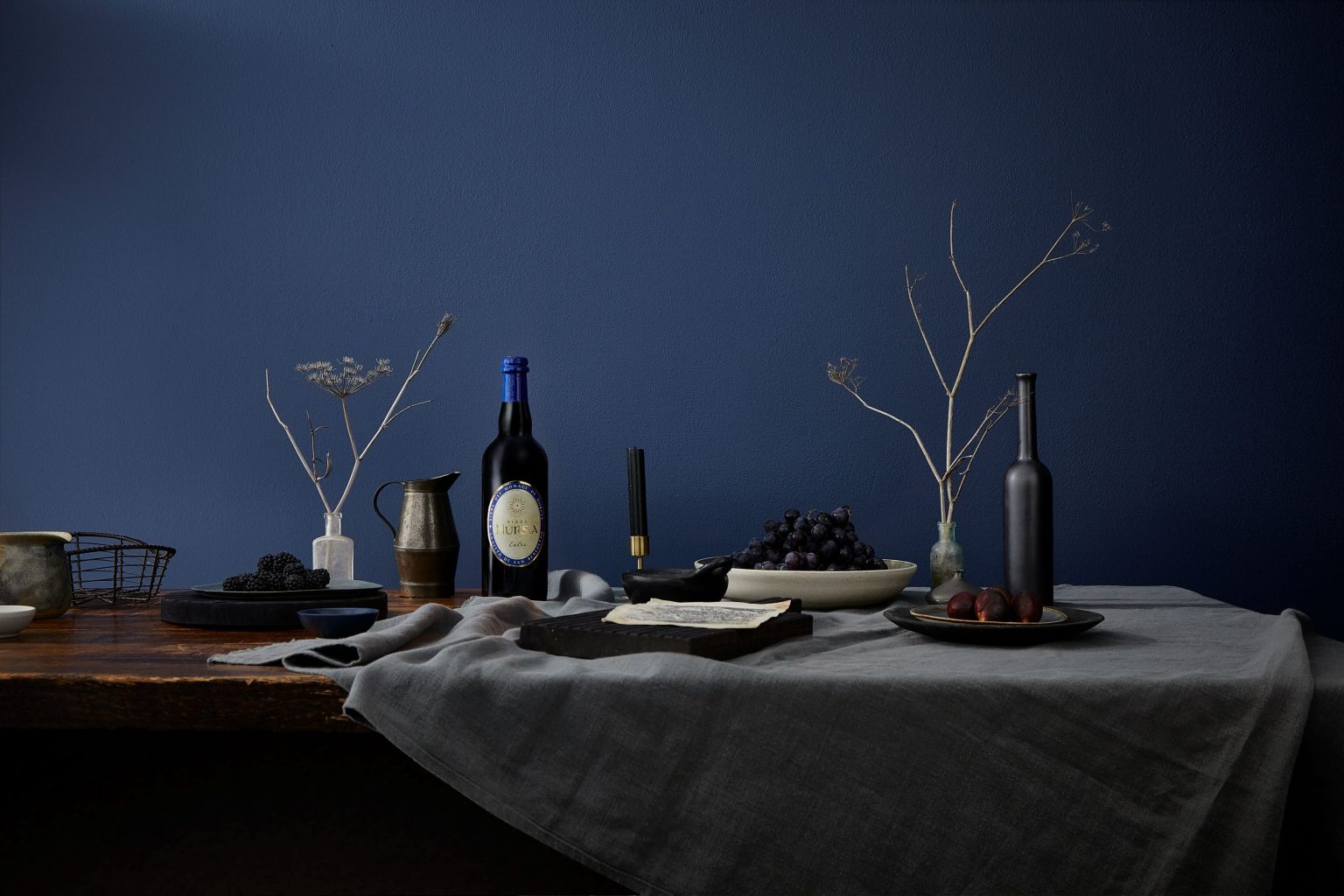How did Monastic Order begin – what was your inciting incident?
The idea had been floating around in my head for some time (especially as the beers went down really well with guests at our wedding reception), but I did not have the time to focus on it until Covid when I found myself with quite a lot of spare time. As the world slowed to a halt, I sat down with my brother and started planning out how to achieve our goal of bringing the best monastic drinks to the UK.
What is your mission at Monastic Order?
Our mission at Monastic Order is to bring the wines and beers made by the most important European monasteries to the UK market. Most people are unaware of how important these institutions – and the monks and nuns who live in them – have been to the development of wine making culture and beer brewing. The exceptional quality which is found in the products that come from the monastic heritage arises because they are all made as a labour of love, rather than simply the result of certain market demands.
Where are your wines made? Where are the ingredients from?
The wines we import come from Southern Rhône, Provence. The vineyards the monastery owns and works with are situated very close to the more famous Châteauneuf du Pape, which incidentally is a label almost entirely built on vineyards once cultivated by monks. This whole area of Provence is covered in the rich heritage monasteries have left behind, but Le Barroux alone maintains these traditions within the original monastic context in the region.
 Talk to me about the brewing process for the beers.
Talk to me about the brewing process for the beers.
The beers which the monks of Norcia, Umbria produce have been brewed according to the Trappist tradition most prominently found in Belgian beers. An anonymous Trappist brewmaster guided the original recipe design for the first two beers which were produced, the Bionda and Extra, but recently a third beer, the Tripel, has been added to the collection using only the newly acquired knowledge of the Benedictine Brewmaster at Norcia, and is now widely considered the best of the three. Small numbers of the beers are produced directly by the monks, temporarily in a local brewery as they recover from the great earthquake of 2016, but eventually the brewing will be brought back onto the monastery site.
Why is it important for luxury hotels to serve premium wine as opposed to mass produced, cheaper wine?
The market increasingly shows customers are interested in the provenance of the food that they eat and the environmental footprint that is left behind in the process to bring it to market. The wines which we supply from our monastery in Provence come from an institution thatis dedicated to the benefit of the local community around it, and ensuring that the environment in which the grapes are grown maintain high quality soil fertility for hundreds of years to come. Both of these facts mean that this French monastery is among the most environmentally friendly and socially conscious wine producers in Europe, because it is not driven primarily by commercial interests but by spiritual practices. Boutique hotels which recognise many of these important qualities need to be increasingly discerning to discover the best products which fit these requirements without being sidetracked by gimmicky marketing that has often substituted for authentic care of the environment and social conscience.
What makes your wines sustainable?
The monks and nuns of Le Barroux operate the vineyards as a sort of laboratory searching for best practices in soil care. Much of the work to harvest the grapes is also done by hand, lowering the carbon footprint. In recent years, the monastery partially went through the process of becoming recognised as an organic wine producer, however they found that some of the organic methods of pest and disease control required by the French government were more damaging to the environment than the non-organic methods, for this reason they stopped their certification process – despite the downside of losing the lucrative organic branding – in order to better look after the environment. This willingness to make these kinds of hard decisions demonstrates where their priorities really lie, and how the environment benefits as a result.
What different types of wine do you supply at Monastic Order – which is your personal favourite? 
Our wine range covers whites, rosés and reds across four ranges covering a significant breadth of price options. The grapes used in the red wines such as Syrah, Grenache etc. reflect the traditional grapes used in the region for these wines. My personal favourite has got to be the Lux Rosé which is a real gem, showcasing an excellent example of the wine which once upon a time was the choice of the nobility, and is a must for the table of every discerning hotelier.
What about the beers? How are they different and which is your favourite?
The Birra Nursia beers are unique in that they combine the Belgian and Italian traditions of food and drink in a way that no other brewery has attempted. They are real beer-lover’s beer, and are best enjoyed with Mediterranean style cuisine, particularly meats, cheeses and truffles. The Bionda, Extra and Tripel are all quite different and complex in their flavour profile, so it is hard to pick a favourite, however if I needed to, the Bionda has a zesty palate which gives it a slight edge for me.

